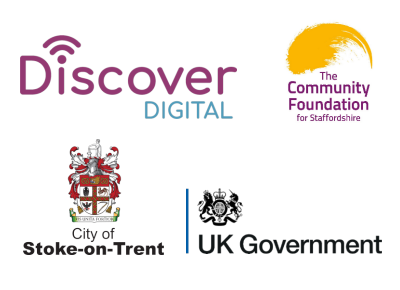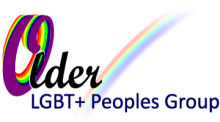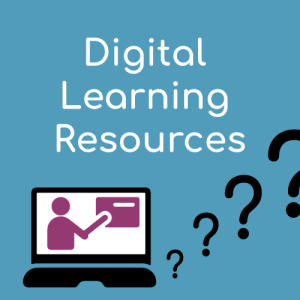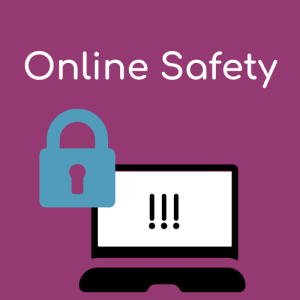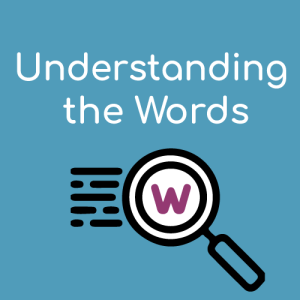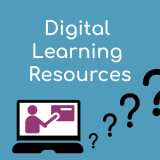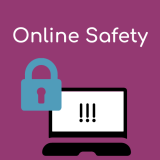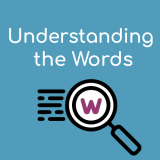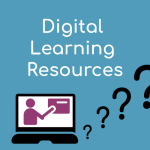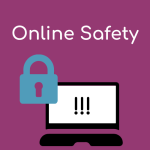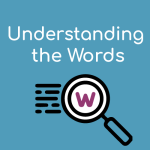
Social Media
Social media is technology that helps us share information and ideas with friends, family members and others who share our interests.
Social Media can be used to share personal material, news, information, opinions or to express ourselves. It is used by people of all ages and backgrounds but how it is used and what it is used for varies a great deal from one individual to another.
Examples of how people use social media include:
- Sharing personal photographs and messages with friends and family
- Networking with people who share hobbies and interests
- Following news posted by celebrities, sports people and politicians
- Contacting organisations such as utility companies and other businesses.
- Getting information and advice
- Fun and entertainment
- Developing professional or business interests
Using social media is usually free though some services such as YouTube may offer additional functionality for a subscription fee. Free services make money from charging businesses for advertising. The information you share on social media may be used to target adverts from these businesses to match your interests or personal profile. You can control how your information is used by managing your privacy settings.
There are lots of different social media services that offer different ways of sharing stuff. Here are some examples of popular services

Facebook – is one of the most widely used applications to share photos, videos and messages with friends and family. It hosts pages for businesses and groups for people with shared hobbies and interests. You can find us on Facebook

Twitter – is about sharing short public messages, known as ‘tweets which may also include photos , videos and other media. Twitter uses hashtags written with a # symbol—which are used to index keywords or topics. Clicking a hashtag will display other messages posted by other people that have used it. Find us on Twitter

WhatsApp – is a messaging service that connects friends, work colleagues and family members. It requires a mobile phone number and is mostly used on smartphones and tablets. We host a chat group for the LGBT Older People’s Group, find out more on our WhatsApp page

Instagram – focusses on sharing pictures which can have captions and comments. You can share your personal stuff or follow pictures related to hobbies, interests, businesses, and other services or individuals such as celebrities.

TikTok – revolves around sharing short video segments. It is primarily about entertainment but is also used by businesses to promote their goods and services and by individuals to promote themselves.
YouTube – is used to share and comment on videos. The material may be educational, newsworthy helpful or entertaining. It can be a great place to find material related to a hobby or interest. It has less emphasis on social networking.
Learning Resources
Here are some online resources to help you get started with Social Media
Age UK – Tips on Using Social Media
Learn my Way – Using Facebook
Techboomers – How to Make Your Facebook Account Completely Private
Staying Safe
Social media is part of a digitally connected world that reflects the physical world we all live in. There can be dangers presented by criminals and unpleasant individuals just as there would be in your city or local neighbourhood. You need to learn how to stay safe in the digital world in the same way that you have learned to stay safe in your everyday life. Here are some tips.
- Take care to understand who can see what you choose to share. You may want to restrict what you share to your friends and family.
- Be selective about who you add to your circle of online friends.
- Before sharing something that strangers can see, consider how it might be used by criminals. For example, if you publicly share where you live and then share holiday photos while abroad it would tell a potential robber that your home is currently unoccupied.
- Watch out for scams. Be appropriately suspicious of money making offers or free stuff. Don’t be taken in by pleas for financial help. Bear in mind that some people may not be who they claim to be and may not match the photo they have posted of themselves. Sometimes criminals may impersonate your family and friends so take care.
- Some criminals target individuals looking for romance and build up an online relationship over an extended period of time before asking for financial help.
- Criminals often use false identities that include photos that do not belong to them. Check whether images of people and places are used elsewhere by using a reverse image search
Find out more about staying safe online by reading our online safety page
Discover Digital was originally funded by the UK Government Community Renewal Fund distributed through Stoke-on-Trent City Council. The project was led by Staffordshire University and delivered in partnership with: Voluntary Action Stoke-on-Trent (VAST), Beth Johnson Foundation, Wavemaker, Stoke-North Big Local, WEA, Caudwell Children, Community Foundation for Staffordshire, Stoke-on-Trent College, YMCA, Dove Service and Keele University.

